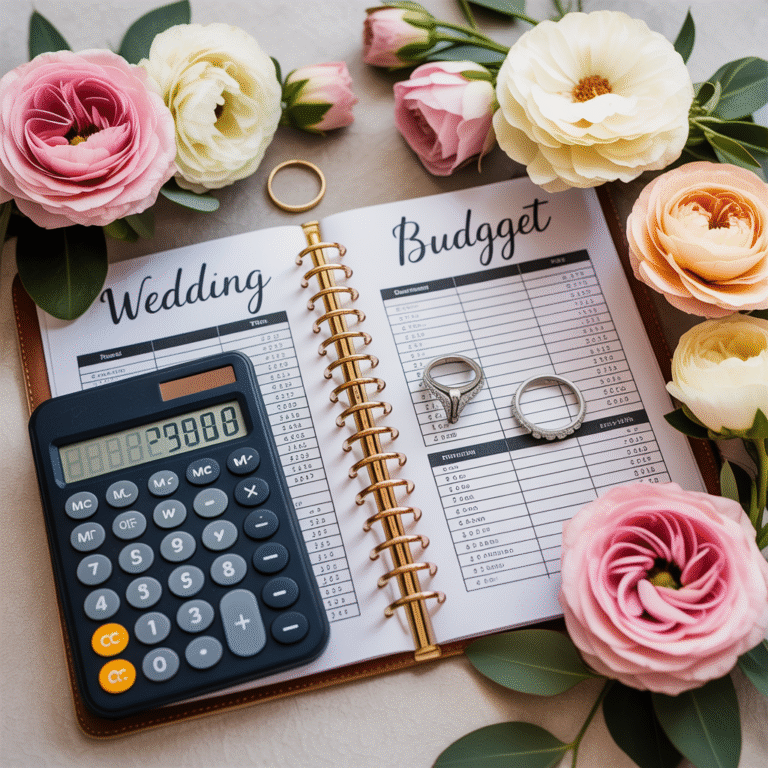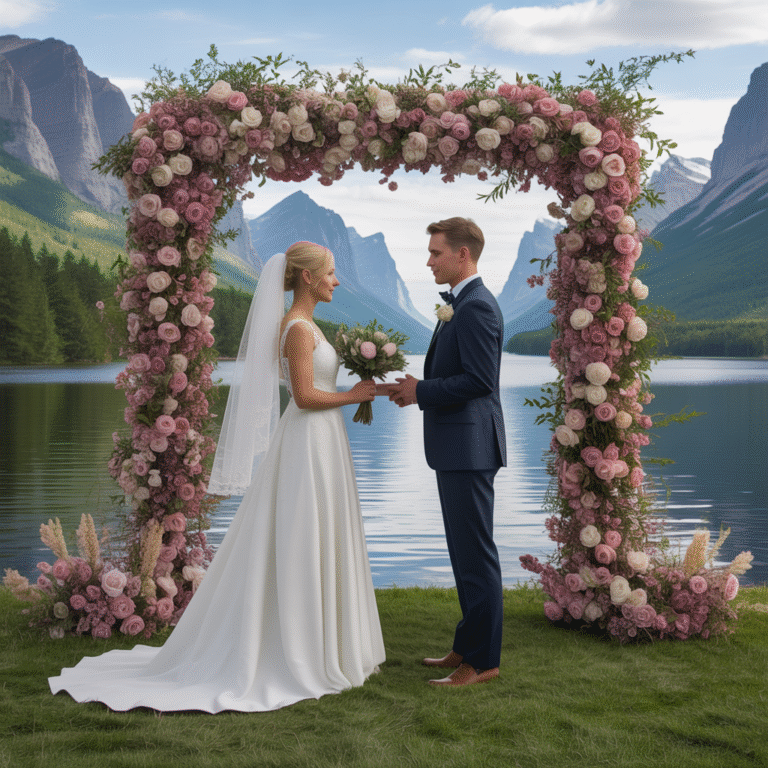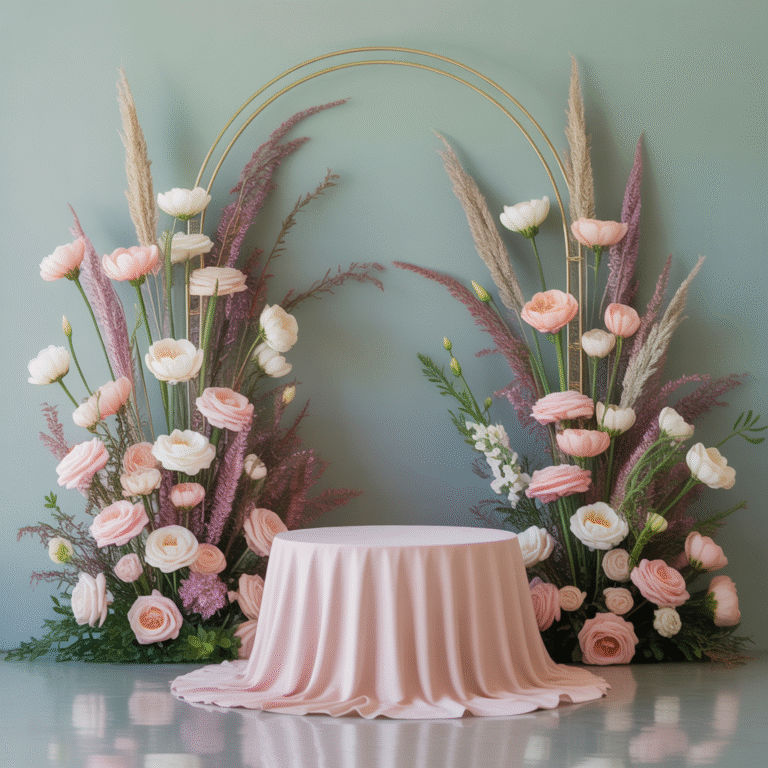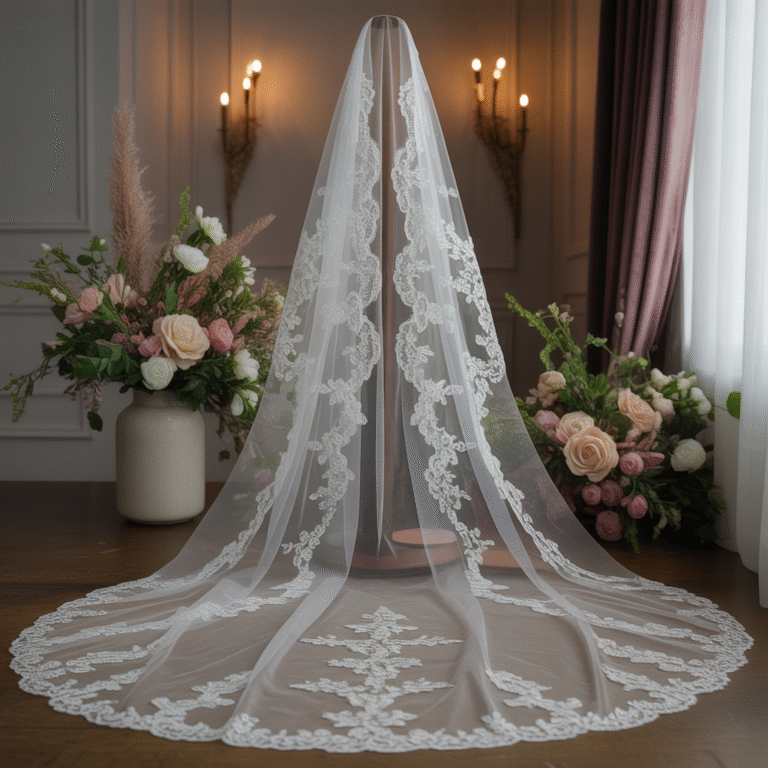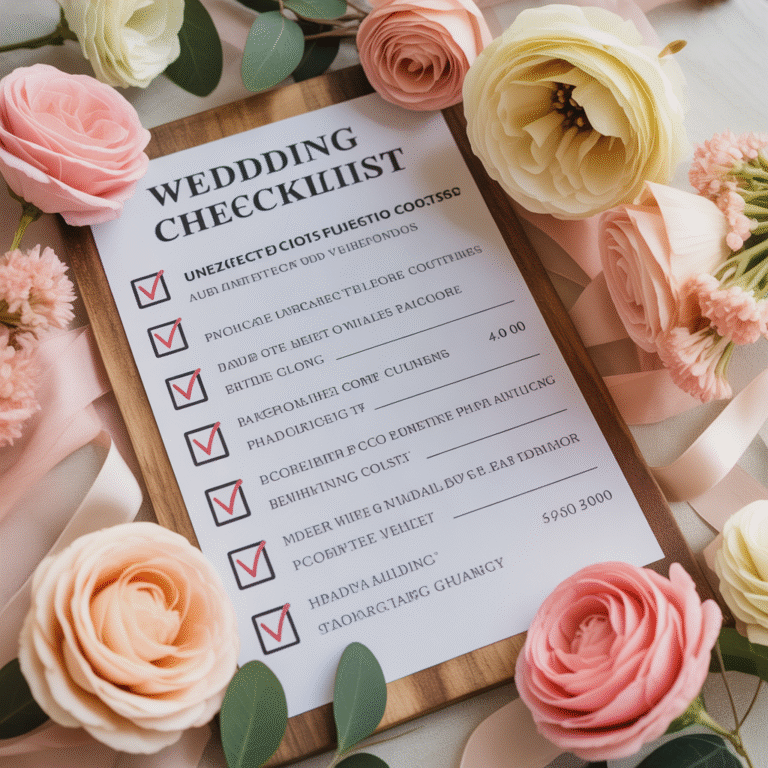How Much Do Wedding Flowers Cost
Introduction
Definitions
When discussing wedding flowers, it is essential to differentiate between various types. Bouquets, centerpieces, and boutonnieres are common elements of wedding floral arrangements. Additionally, seasonal flowers often vary in price due to availability, which can significantly affect overall costs.
Key Concepts
Several key concepts influence the cost of wedding flowers. Firstly, the type of flowers chosen can vary greatly in price. For instance, exotic flowers may be more expensive than local varieties. Secondly, the season in which the wedding takes place can affect flower availability and costs. Lastly, the complexity of the arrangements also plays a role; intricate designs generally require more time and expertise, leading to higher labor costs.
Examples of Wedding Flower Costs
To provide a clearer understanding of wedding flower costs, it’s useful to explore some examples. A bridal bouquet can range from $100 to $300, depending on the flowers and design complexity. Centerpieces can cost between $50 to $150 each, while boutonnieres typically range from $10 to $25. For a wedding of 100 guests, couples might budget anywhere from $1,500 to $3,000 for flowers, factoring in all arrangements and additional decor.
Another example includes floral arches or backdrops, which can range from $500 to over $1,000, depending on size and flower selection. Seasonal flowers like peonies or tulips may be more affordable during their peak months, while out-of-season flowers can significantly increase costs.
Pros and Cons of Different Flower Choices
Choosing flowers for a wedding involves weighing various pros and cons. For instance, seasonal flowers are often less expensive and fresher, making them a wise choice for budget-conscious couples. However, they may not match the desired color palette or theme.
On the other hand, exotic flowers can create stunning visual effects but often come with a higher price tag. Additionally, some flowers may have a shorter vase life, which is a consideration for multi-day events. Couples should align their choices with their budget and aesthetic preferences.
Case Study: A Real Wedding Flower Budget
Consider a couple who plans a wedding for 150 guests. They budget $2,500 for flowers, including a bridal bouquet, groom’s boutonniere, centerpieces, and altar arrangements. By choosing seasonal blooms and simple arrangements, they successfully stay within budget while achieving a beautiful floral display.
This case study highlights the importance of planning and making informed decisions about flower choices, which can help couples maximize their floral investments.
Future Trends in Wedding Floral Design
The future of wedding floral design is evolving, with several trends emerging. Sustainable floristry, which emphasizes local and seasonal flowers, is gaining traction. Couples are increasingly interested in eco-friendly options, such as potted plants or dried flowers, which can reduce waste.
Additionally, bold color palettes and unique arrangements are becoming popular, moving away from traditional whites and pastels. This shift allows for more personalization and creativity in floral design, aligning with modern wedding aesthetics.
Conclusion
In summary, understanding the costs associated with wedding flowers is crucial for effective planning. By considering factors such as flower type, seasonal availability, and arrangement complexity, couples can make informed choices. Ultimately, flowers are an essential aspect of wedding decor, enhancing the overall experience and creating lasting memories.


